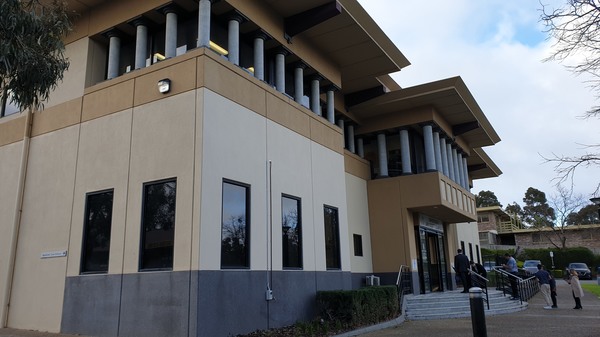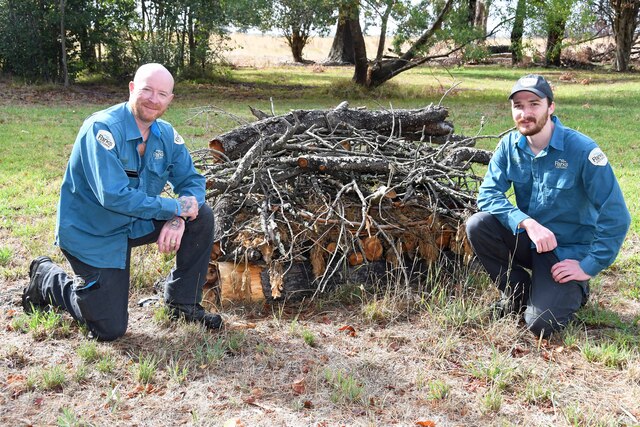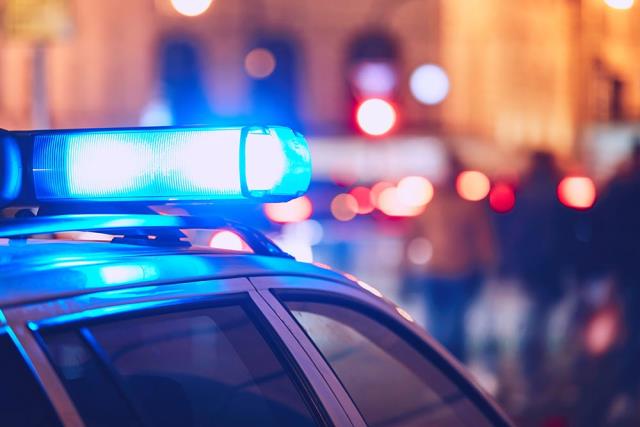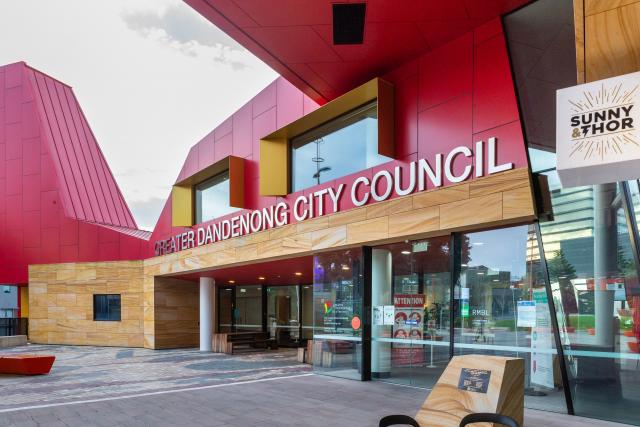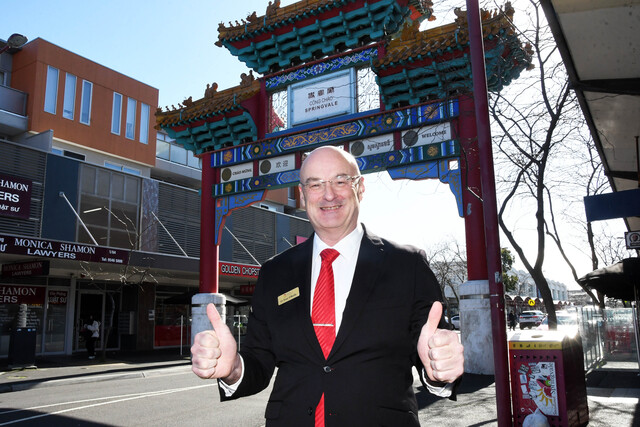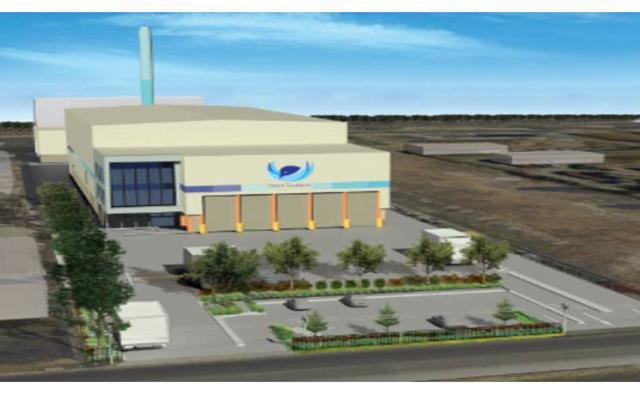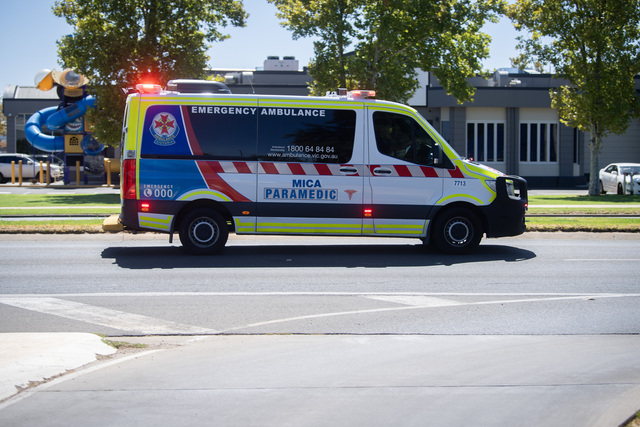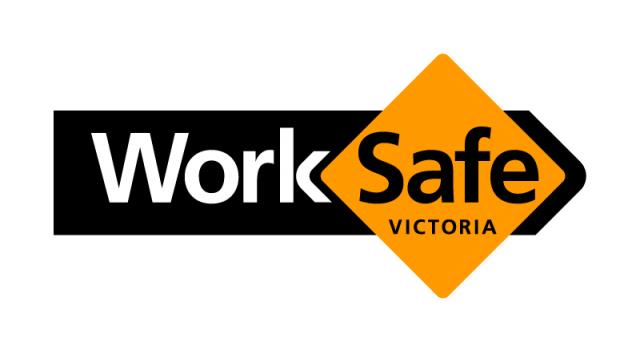People who become publicly drunk and disorderly in Victoria will no longer be ‘thrown in the slammer’ under new laws that were introduced to parliament last week that will instead see them receive the “health response and help they need”.
The Summary Offences Amendment (Decriminalisation of Public Drunkenness) Bill 2020 was brought to State Parliament on Tuesday 8 December and will decriminalise public drunkenness in Victoria, hoping to “save lives” and “better protect vulnerable people” in the community.
Former Attorney-General Jill Hennessy – who resigned on Wednesday 16 December – said that the current legislation surrounding public drunkenness was outdated and had had a negative impact on many people across the state.
“Current public drunkenness laws have devastated too many families – that’s why we’re delivering reforms that focus on support and safety, not punishment,” Ms Hennessy said.
This reform has been a long time coming, with many Aboriginal communities and health professionals advocating for a change to the current laws for decades, to focus on helping those affected, not hindering them.
In the government’s pursuit to decriminalise public drunkenness and introduce this bill, an expert reference group (ERG) was appointed to provide advice and ensure that the new legislation was done right – consulting with Aboriginal communities, Victoria Police, health services and alcohol and drug experts.
On Saturday 28 November 2020, the ERG released their report, strongly advising that a health-based response be implemented to address the problem, providing detailed recommendations including the development of more social service and prevention strategies, improving first response services and ensuring that offenders are transported to a safe place.
Minister for Aboriginal Affairs and Member for Dandenong, Gabrielle Williams, said that the reformed laws had been developed in collaboration with Aboriginal communities and would build a culturally safe and appropriate model that prioritised the health and safety of all people who became intoxicated in public.
“It’s clear the current laws have had a profound and disproportionate impact on Aboriginal communities,” Ms Williams said.
“These reforms will save lives and ensure those who need support have access to culturally appropriate care.”
The Victorian Budget for 2020/21 will provide $16 million to “kickstart” work on these reforms, aiming to provide safer pathways to help those who are drunk on our streets, particularly those impacted among our Indigenous communities.
One of the key findings from the Royal Commission into Aboriginal Deaths in Custody in 1991 recommended that the offence of public drunkenness be abolished, and these outdated laws were brought to light yet again after the tragic death of Yorta Yorta woman Tanya Day in 2017.
Ms Day, who was arrested for public drunkenness and later hit her head, dying in police custody, was the subject of a coronial inquest earlier this year, where Victorian coroner Caitlin English stated in her findings that “Ms Day’s death was clearly preventable had she not been arrested and taken into custody.”
Minister for Health, Martin Foley, said that these laws hoped to prevent tragic events like this from happening again and instead provide help and support to vulnerable people.
“We will build a health model that is culturally safe and appropriate – informed by the communities who this law has impacted the most,” Mr Foley said.
The bill is set to come into effect in two years time, while the Government continues to consult with communities and experts, developing, trialling and implementing a health-based response to public drunkenness that will not only help offenders, but also the wider community.

